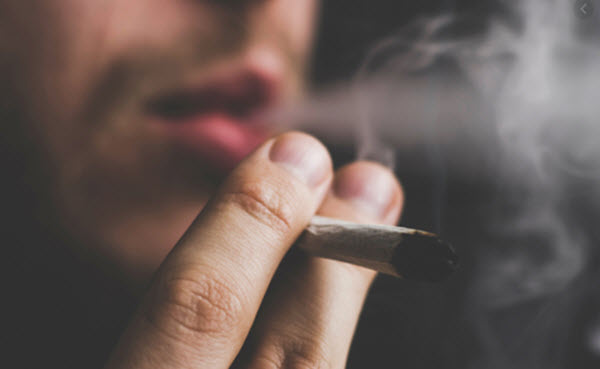
Bob McCoskrie
An excellent commentary in The Conversation – “NZ’s smoking rates dropped dramatically thanks to a hard-hitting campaign. Could we do the same to bring emissions down?”
Good to see that some researchers at Otago University still aspire for best health outcomes. This article’s headings could be changed to: “NZ’s smoking rates dropped dramatically thanks to hard-hitting campaign. Could we do same to bring *cannabis use* down?”
Yes. Here’s how. From the article….
“One of the key lessons from tobacco control is the need to intervene in multiple levels to reshape the entire system. This includes:
- interventions at the policy level (taxation on tobacco products, advertising and sponsorship bans)
- creating environments that support being smoke-free (no smoking in public places such as bars, playgrounds, workplaces; plain packaging)
- community action (community-based tobacco control programmes such as Aukati Kaipaipa)
- helping individual smokers to quit
- reorienting health services to promote tobacco control by requiring health providers to collect and report on smoking status.
- Combined, these interventions have reduced smoking rates from 36% in 1976 to 13% in 2020. We moved from a society where smoking was ubiquitous (remember smoking in planes, bars, restaurants and workplaces?) to one where smoking is no longer seen as a “normal” activity.
- Importantly, tobacco control interventions now enjoy a high level of support, including often from smokers. These wide-ranging environmental interventions created behavioural change and support for further interventions.
Making it easier for people to change
- Evidence from public health shows policy interventions that go hand in hand with supportive environments are likely to make the biggest difference in behaviour changes.”
Don’t tell the Drug Foundation though. It will wreck their funding model.
